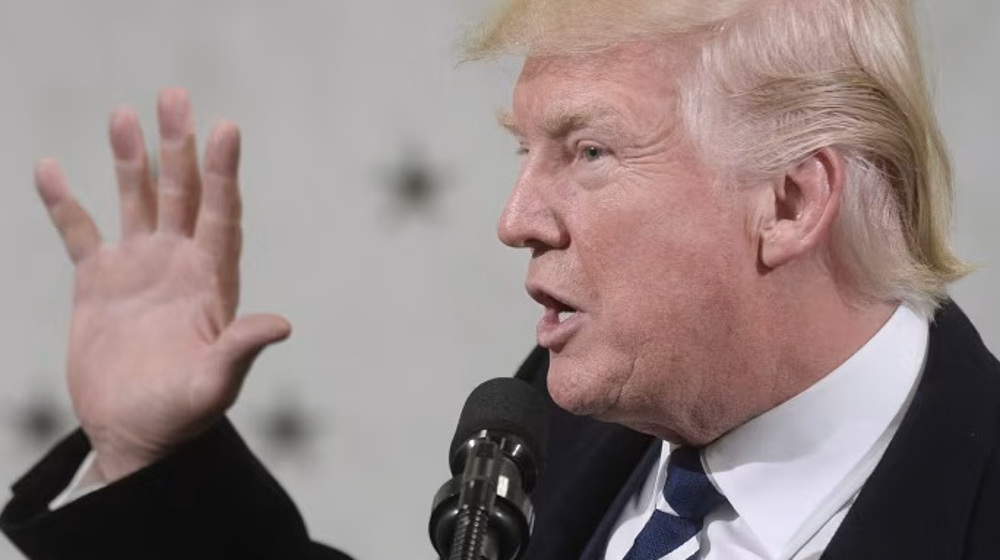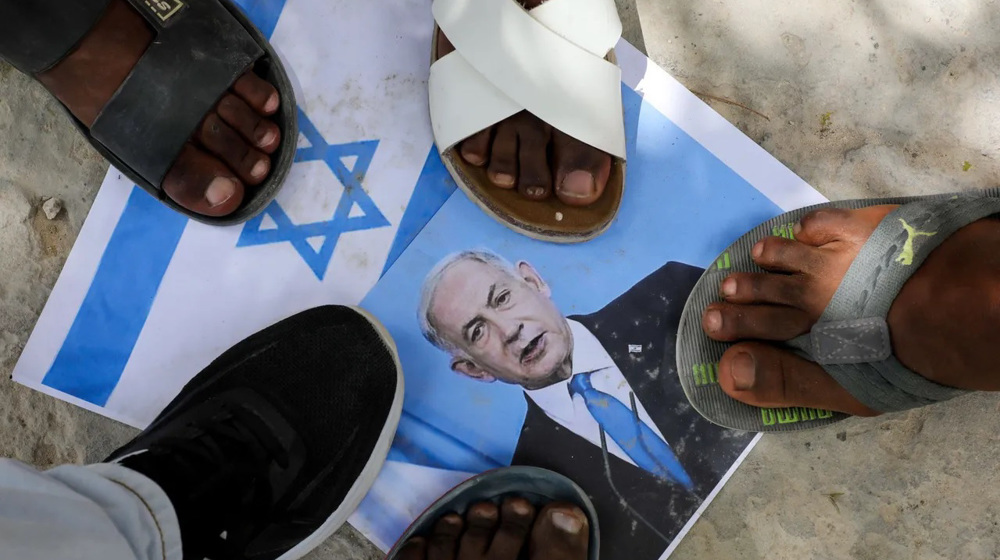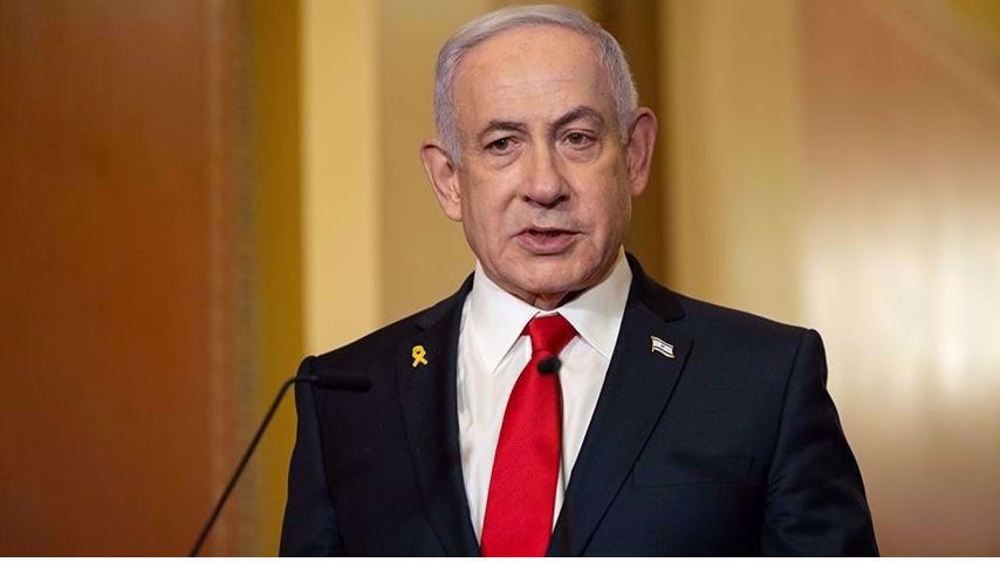Tunisian PM announces major cabinet reshuffle amid political, economic crisis
The Tunisian prime minister has announced a major cabinet reshuffle after high-profile dismissals amid rising political tensions and an unprecedented economic crisis in the North African country.
Hichem Mechichi named on Saturday 12 new ministers as part of a cabinet reshuffle aimed at injecting new blood into his government to tackle crises in the country.
"The aim of this reshuffle is to achieve greater efficiency in the work of the government," Mechichi said at a press conference in the capital Tunis, adding, “The next stage is full of challenges, including the necessary reforms for the economy, which require increased efficiency and harmony.”
The announcement came after Mechichi met with President Kais Saied, who insisted the "integrity" of proposed ministers should "raise no doubt," according to a statement from the presidency.
"There is no place in the government for people who are subject to legal proceedings," or to "doubts about their background or their behavior that could undermine the state and the credibility of its institutions and the legitimacy of its decisions," Saied said.
One of the officials to be replaced is former Environment Minister Mustapha Aroui, who was dismissed and apprehended in December in a scandal over hundreds of containers of household waste shipped from Italy.
Mechichi named Walid Dhabi as the new interior minister after he sacked Taoufik Charfeddine, who is close to the Tunisian president.
Hedi Khairi was appointed by Mechichi as health minister following criticism over the government’s handling of the coronavirus pandemic.
The reshuffle also impacted the ministries of justice, industry, energy and agriculture.
The new government line-up, which does not include any women, must be approved by parliament.
Saied and Mechichi are at odds over their respective powers and political alliances, jeopardizing the stability required to push through much-needed reforms.
Hours after the reshuffle was announced, violent protests broke out in at least six Tunisian cities, including the capital Tunis and the coastal city of Sousse, as anger mounts over the economic hardship.
Witnesses and local media said security forces fired tear gas to disperse hundreds of protesters who blocked roads and burned tires.
A decade ago, Tunisia was beset by violence following a massive uprising – sparked after a fruit seller set himself ablaze in the central town of Sidi Bouzid following an altercation with a police officer -- that led to the downfall of long-time ruler Zine El Abidine Ben Ali.
The revolt inspired other revolutions in a host of Arab dictatorships across the Middle East and North Africa. However, Tunisia was the only nation among other Arab countries in the region that maintained a smooth, peaceful transition to democracy.
On Friday, hundreds of protesters in the northern Tunisian city of Siliana clashed with police, burned wheels and blocked roads following the beating of a shepherd by an officer.
Officers fired tear gas to disperse rock-throwing demonstrators Friday in the city as well as in the coastal city of Sousse, where night clashes occurred between police and youths who threw stones at the security forces.
Also, smaller protest rallies took place in the Karm neighborhood of the capital Tunis where security forces detained a number of protesters, according to local media reports.
The protests came after a video clip posted on social media showed a police officer scolding and pushing a shepherd whose sheep had strayed into the governorate headquarters.
The video triggered a wave of fury on social media, with activists saying it was unacceptable to harm the dignity of any citizen.
The Tunisian economy, which has been crippled in recent years by high debt and declining public services, deteriorated due to the coronavirus pandemic, and a year of political instability has complicated efforts to address such issues.
Tunisia’s tourism-dependent economy shrank 21.6 percent in the second quarter of 2020, compared with the same period last year, due to the COVID-19 outbreak.
Since a general election in 2019, the political class in Tunisia has been more fragmented than ever and paralyzed by infighting, fueling discontent over the continued economic crisis.
Hamas: Israel escalating ceasefire violations in Gaza
Venezuela's government declares unwavering unity behind Maduro
VIDEO | Global outcry over Venezuela president abduction
Iran keeps wheat import subsidies despite cutting other food supports
Venezuelan military stands with acting president after US kidnapping of Maduro
VIDEO | Press TV's news headlines
VIDEO | Protesters in Toronto slam US kidnapping of Venezuelan president
Israeli troops detain, intimidate Palestinian toddler in West Bank












 This makes it easy to access the Press TV website
This makes it easy to access the Press TV website